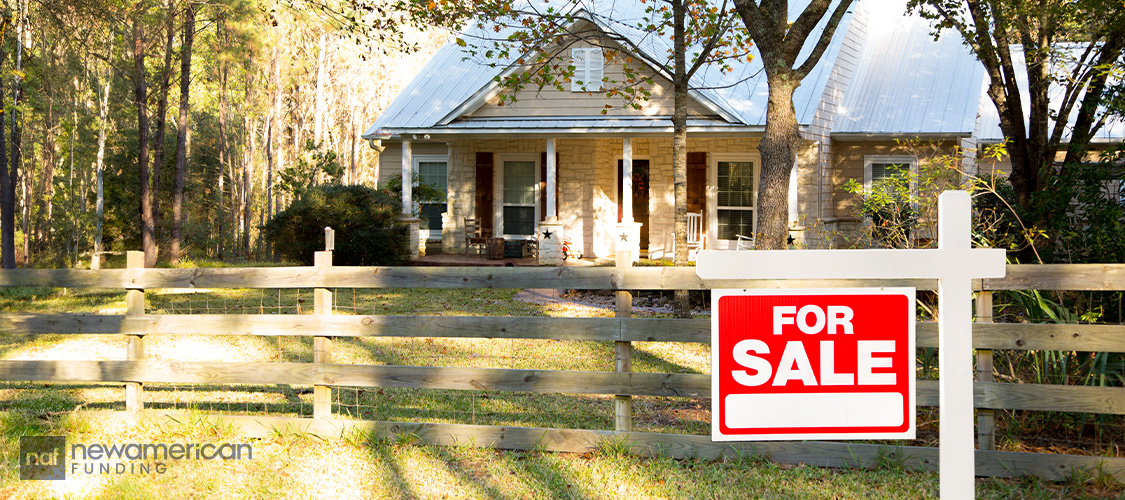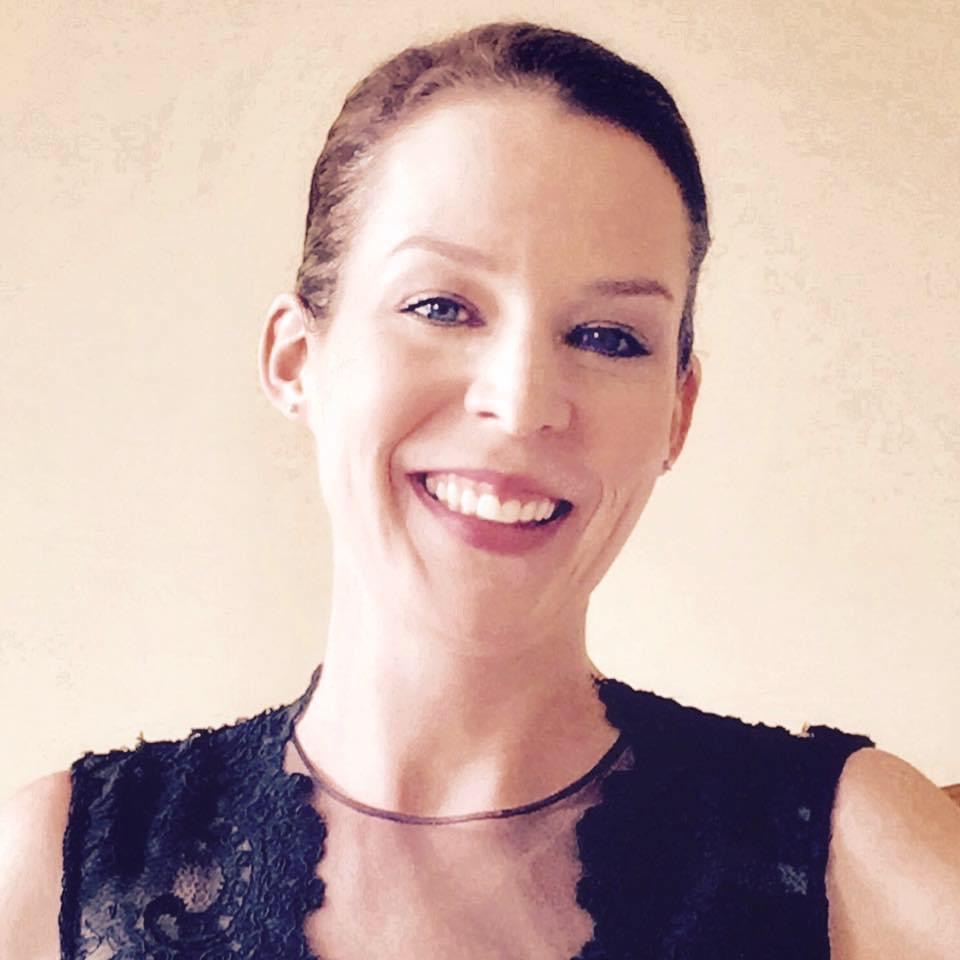Homebuyers
Choosing a Mortgage? Conventional Loans vs. FHA, VA, and USDA Loans
May 13, 2025
If you’re a first-time homebuyer shopping for a mortgage, you likely have more loan options than you realize.
Conventional loans, which aren’t backed by the government, are one of the most popular choices.
But Federal Housing Administration (FHA), U.S. Department of Veterans Affairs (VA), and U.S. Department of Agriculture (USDA) loans may be a better fit. These government-backed loans offer low (or no) down payment requirements and buyers with lower credit scores may be able to qualify.
“First-time homebuyers don’t fit into one box. They have different situations, so having several mortgage options is valuable,” said Christian Rodriguez, a Tampa, Fla.-based branch administrator at New American Funding. “It helps borrowers achieve their homebuying goals faster.”
One of the most important steps you can take on your homebuying journey is learning how Conventional, FHA, VA, and USDA loans work, how they differ from each other, and how to qualify.
How Conventional loans work

Conventional loans are the most common type of mortgage for many reasons, including the fact that buyers may be able to put down as little as 3% of the sale price of the home.
They also don’t have as many restrictions or the appraisal and property requirements of government-backed loans.
To qualify for a Conventional loan, you will need:
- Credit score of at least 620
- Debt-to-income (DTI) ratio of no more than 43%, although your lender may offer exceptions (DTI is how much debt you have compared to how much you earn.)
- Down payment of at least 3% for most mortgages
- Steady income
However, individual lenders may have stricter requirements. Also, buyers who don’t make a down payment of at least 20%, must generally pay private mortgage insurance (PMI) as part of their mortgage payment.
The good news is most homeowners can eventually get rid of PMI once they reach about 20% equity in their home. This can happen once you pay down your loan, your home value increases, or a combination of both.
“One of the advantages of Conventional loans is you can request that PMI be cancelled once you’ve reached 20% equity,” said Rodriguez.
A downside to these loans is that you may be required to have a higher credit score than a government-backed loan.
How FHA loans work

Backed by the Federal Housing Administration, FHA loans may be a good choice for first-time buyers, especially those with lower credit scores. Here’s what you’ll likely need to qualify for one of these mortgages:
- Credit score of at least 580 to be able to put down only 3.5% of the home’s purchase price
- Credit score of 500-579 to put down at least 10% of the home’s purchase price
- Debt-to-income ratio of up to 57%
- Steady income
One of the big pros of using one of these loans is that mortgage interest rates are often lower than for Conventional loans. Credit score requirements are also more flexible.
However, you will pay upfront and annual mortgage insurance premiums (MIPs) with an FHA loan. These are the fees you pay for not putting down at least 20%.
If you put down at least 10% when you purchased the home, you may be able to cancel the insurance after 11 years. If you made a smaller down payment, you generally have to continue making the mortgage insurance payments unless you refinance to a different kind of loan.
How VA loans work

VA loans offer some big benefits for active-duty members of the military, veterans, and their spouses in some circumstances. The biggest is the ability to get a mortgage without a down payment—or pay mortgage insurance premiums.
One other money-saving advantage is that mortgage rates are also generally lower for these loans than for Conventional loans. There are also generally lower closing costs.
To qualify for one of these mortgages insured by the U.S. Department of Veterans Affairs, you will need to meet these requirements:
- A minimum of 90 days of active duty during wartime
- At least 181 continuous days serving in the military in peacetime
- At least six years in the National Guard or Reserves
- If you did not serve, you may qualify for the mortgage if you are the unmarried spouse of a member of the military who died in the line of duty or from a disability they received in service
- The VA doesn’t have a minimum credit score, although most lenders prefer to borrowers to have a score of at least 620
These loans do come with some downsides, though. Typically, borrowers must pay a funding fee of at least 2.3% of the loan amount if they don’t make a down payment. However, that percentage drops when buyers make larger down payments.
Additionally, buyers must generally move into their new homes within 60 days of their closing. And these loans can’t be used for investment properties or vacation homes.
How USDA loans work

USDA loans are another type of government-backed mortgage that are often attractive to first-time buyers who are looking for homes outside of big cities. The biggest draw of these loans is that they don’t require a down payment, similar to VA loans.
Borrowers with lower credit scores may also be able to qualify for these loans.
- Most borrowers must have at least a 580 credit score, although this varies by lender
- The property must be eligible for a USDA loan
- Since this mortgage is aimed at low- to moderate-income buyers, borrowers can only earn up to 115% of the median income for their area
- Debt-to-income ratio of up to 29% to 32% of your monthly income
- Steady income
One of the biggest challenges with USDA loans is finding eligible properties. Only homes in more rural areas and further-out suburbs can typically qualify for these loans.
There are also various costs associated with the loans. Buyers must pay a one-time guarantee fee and annual funding fees to secure this type of loan. The guarantee fee is typically 1% of the loan amount due at closing. In addition, borrowers will pay about 0.35% of their loan balance each year, which is typically rolled into their monthly mortgage payments.
And the mortgages can only be used for primary residences, not to purchase investment or vacation properties.
Christian Rodriguez NMLS # 333559






 Smart Moves Start Here.
Smart Moves Start Here.